The sustainability of aviation is fundamental to the fulfilment of European commitments and policies, including the European Green Deal and the new industrial strategy for Europe, which are aimed at carbon neutrality.
Reducing greenhouse gases is the main way to contribute to environmental objectives related to climate change. Aviation is responsible for 2% of total CO2 emissions, the main factor behind global warming; the target is a 50% reduction in CO2 emissions by 2050, which would entail dividing the emissions produced in 2005 in half. However, following the current trend, air traffic growth forecasts would entail CO2 emissions that would triple current emissions by 2050 if the historical rate of technological improvements introduced in aviation are taken into account.
The aeronautical industry’s committed target is a 50% reduction in CO2 emissions by 2050, which includes production processes.
The air transport industry plays an important role. And not only through the development of less polluting aircraft where, in commercial aviation, it appears that hydrogen will displace biofuels and electric propulsion. Together with propulsion technologies, research is also being conducted on new, more efficient structural configurations and lighter materials. Industry, industrial methods and production processes also have a significant environmental impact. In fact, the entire life cycle of an aircraft needs to be considered, from design to recycling once the life cycle has ended, which means that the total emissions throughout the life cycle should be considered.
Innovation policies offer the opportunity to introduce significant changes in the aviation industry, both in products and processes.
In Europe, the Clean Sky Programme, which will be renamed Clean Aviation, has been and is the key tool for introducing improvements through technology into the industry with a positive environmental impact. Airport infrastructure and operations also have roadmaps to contribute to sustainable development objectives, and in Europe innovation in this regard is planned and financed through SESAR (Single European Sky ATM Research).
The Clean Aviation strategy for moving from fossil fuel based aviation to climate-neutral aviation is structured in two phases. In the first phase, around 2030, aviation would be decarbonised by developing ultra-efficient aircraft, using alternative and sustainable fuels, and by introducing new concepts of air transport. The latter include the use of small electric aircraft or hybrid electric aircraft for short-haul routes, favouring short-distance mobility.
The second phase, to achieve neutrality, would involve developing hyper efficient aircraft using completely decarbonised energy sources such as liquid hydrogen, fuel cells or batteries with ultra-high energy density.
AERTEC is a main partner of the Clean Sky 2 Programme, participating in this Programme through the PASSARO project (caPAbilities for innovative Structural and functional teSting of AeROstructures). PASSARO is a project being implemented by an international consortium made up of companies and research centres in Portugal, together with AERTEC, that addresses the research and development of different technologies. AERTEC has developed technologies in the field of manufacturing processes and, to a greater extent, functional aircraft verification processes, specifically those related to functional testing on land. Technologies including augmented reality to assist the operator in carrying out computer-aided testing, increased connectivity between test media, process mining to exploit the data acquired in the testing processes, fluid dynamic modelling and simulation for the characterisation of fluid leaks in leak tests, and the development of innovative functional test systems capable of acquiring and processing signals from any aircraft systems have been studied and have given rise to advanced technological demonstrator models.
In addition, as part of this project, it has been possible to contribute through a transversal activity (Eco-Design) to production process environmental impact studies. In collaboration with Airbus Defence & Space, and the Fraunhofer Institute, AERTEC recently participated in a study to assess the environmental impact that the introduction of collaborative robots and automatic carbon fibre wrapping processes in the engine hood production process would have. These new processes contribute to optimising the use of raw materials and the energy efficiency of the production process. Through what is known as LCA (Life Cycle Assessment). Considering the average energy consumed per unit of production time, which combines environmental impact and productivity, as a key factor, it was determined that automation definitively contributes to the reduction of production time per product unit and, consequently, to a reduction of the average net energy consumed. This constitutes a significant contribution to the environmental performance of the production process.
The conclusions of this work will be published in Macromolecular Symposia – TOP 2021 (Wiley), in a research article entitled: “Gate-to-gate study for collaborative robot-assisted composite parts manufacturing using a work effort unit approach”. The author of this article is co-author of the publication.



